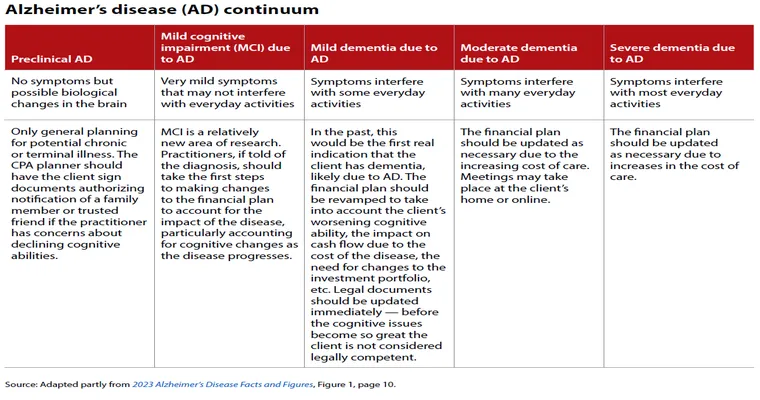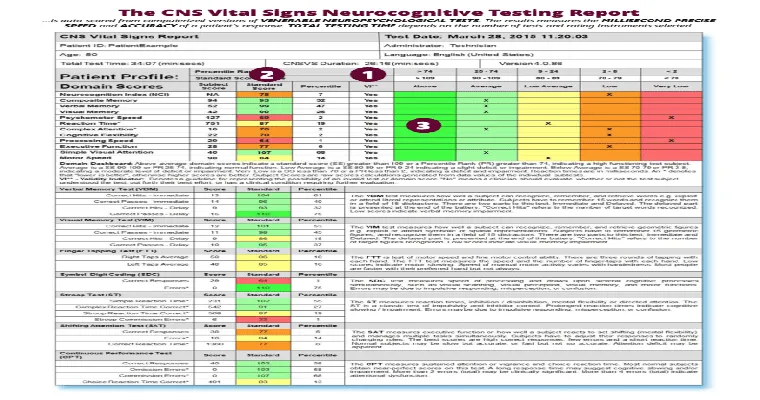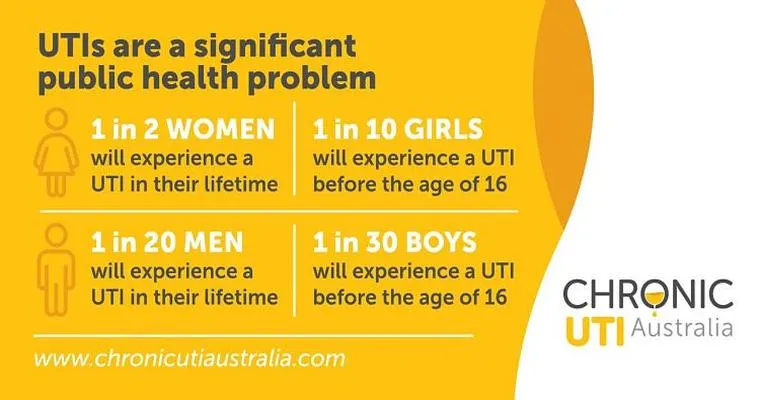Receiving an "official dementia diagnosis" can be a pivotal moment not only for the individual but also for their family and caregivers. While this diagnosis can provide clarity and access to necessary resources, it also comes with significant "emotional, social, and legal consequences". Understanding these implications is crucial for those navigating this challenging journey.
One of the most immediate consequences of a dementia diagnosis is the emotional impact. Individuals may experience feelings of fear, anxiety, and depression. The acknowledgment of a progressive condition can lead to a sense of loss as the person grapples with the changes in their cognitive abilities. This emotional toll can extend to family members and friends, who may also struggle to come to terms with the diagnosis and its implications for their loved one's future.
Social consequences can also arise from an official dementia diagnosis. Many people with dementia may find themselves withdrawing from social activities they once enjoyed due to embarrassment or confusion. This withdrawal can lead to isolation, compounding feelings of loneliness and depression. Additionally, friends and family may not always know how to interact with someone who has been diagnosed with dementia, leading to shifts in relationships and support systems.
On a practical level, there are "legal consequences" associated with a dementia diagnosis. It is essential for individuals diagnosed with dementia to consider legal planning while they are still capable of making informed decisions. This may include establishing "power of attorney", creating a living will, and discussing long-term care preferences. Failing to address these legal matters early on can lead to complications later, when the individual may no longer have the capacity to express their wishes.
Furthermore, an official dementia diagnosis can also affect an individual's ability to work or drive. Many individuals diagnosed with dementia may need to retire early or reduce their working hours, impacting their financial stability. Additionally, driving may become unsafe, leading to further loss of independence and mobility.
Access to healthcare and support services is another critical consequence of a dementia diagnosis. With an official diagnosis, individuals may be eligible for specific "medical treatments and support services" that can improve their quality of life. This includes access to therapies, medications, and support groups that can provide both practical strategies for coping with the disease and emotional support for both the individual and their caregivers.
In conclusion, while an official dementia diagnosis can open doors to essential resources and support, it is not without its consequences. The emotional, social, and legal ramifications of the diagnosis can profoundly impact individuals and their families. It is vital for those affected to seek support and information to navigate this complex landscape, ensuring that they are prepared for the journey ahead. Understanding the consequences can empower individuals with dementia and their caregivers to make informed decisions that enhance their quality of life and preserve their dignity.





